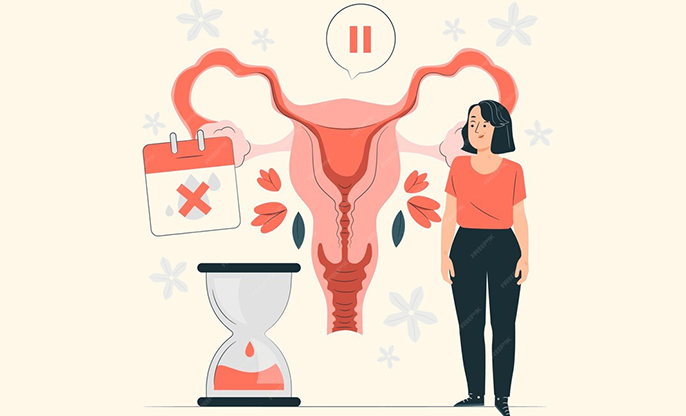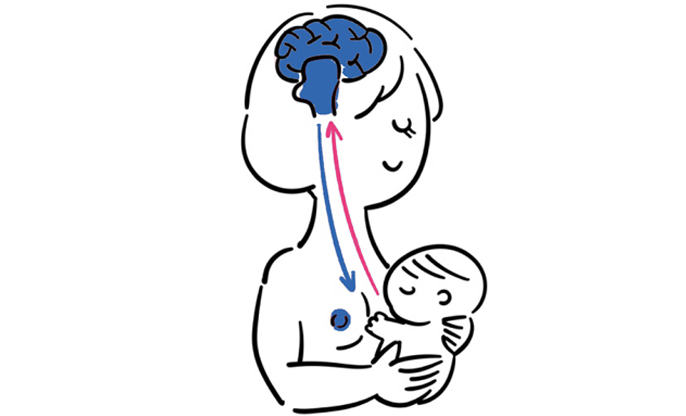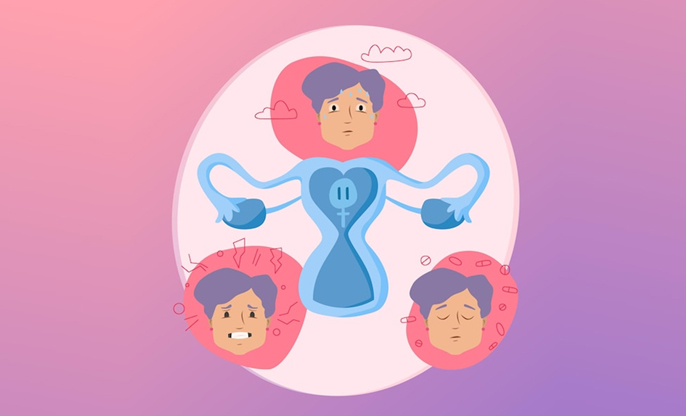
Thyroid disorders touch many of our lives, influencing everything from our metabolism to our mood and menstrual cycles. Nestled in our necks, the thyroid gland is small but mighty, dictating much of our body’s daily functions. This article delves into the thyroid disorders that many of us live with, the signs we experience, why they happen, and how we can manage them.
Our Experience
with Thyroid Disorders
We often deal with one of several types of thyroid
conditions:
● Hypothyroidism: Where our gland
isn’t active enough, leaving us feeling tired and often colder than others.
● Hyperthyroidism: Where it’s
overactive, making everything in our bodies feel like it’s in fast-forward.
● Thyroiditis: This
inflammation can swing our thyroid hormone levels wildly in either direction.
● Goiter: An enlarged
thyroid that can be visibly noticeable.
● Thyroid nodules: Lumps that form
within our thyroid, most are benign but can sometimes cause problems.
● Thyroid cancer: Rare but a concern that we must keep in check with regular screening.
Symptoms That
Speak to Us
Depending on whether our thyroid is sluggish or
hyperactive, our bodies send us different messages:
● With Hypothyroidism: We might
feel unusually tired, gain weight, feel cold, have dry skin, and see our hair
thinning. Our periods can become irregular, and we might feel down.
● With Hyperthyroidism: We might
lose weight despite eating well, feel our hearts race, sweat more, and deal
with diarrhea. Our periods could change, and it's hard to tolerate heat.
These symptoms often become more noticeable during major hormonal shifts like puberty, pregnancy, and menopause.
Why Does This
Happen to Us?
Several reasons might explain why our thyroid behaves this
way:
● Autoimmune Reactions:
Conditions like Hashimoto's or Graves' disease where our body mistakenly fights
its own thyroid.
● Iodine Levels: Both too much
and too little can throw our thyroid off balance.
● Genetics: Sometimes, it’s
just written in our genes.
● During Pregnancy: Our
bodies go through a lot, and sometimes our thyroid does too.
● Radiation Exposure: From medical treatments or even environmental exposures that can affect thyroid health.
Finding Out
What’s Going On
To pinpoint a thyroid disorder, we might go through:
● Physical Exams: Our doctor might
check our neck for swelling.
● Blood Tests: These measure
our thyroid hormone levels and look for antibodies.
● Imaging Tests: Like ultrasounds to see what’s happening inside.
Managing Our
Thyroid Health
Depending on our specific thyroid condition, treatment
might include:
● For Hypothyroidism: We might
need to take synthetic hormones to boost our levels.
● For Hyperthyroidism: We could
use medications, radioactive iodine, or sometimes surgery to slow things down.
● Lifestyle Tweaks: Eating well, managing stress, and staying active can all help balance our thyroid function.
Staying on Top of
Our Health
It’s about:
● Keeping Track: Regularly
testing our thyroid levels.
● Sticking to Treatments: Taking
our prescribed medications as directed.
● Watching for Changes: Being
alert to new or returning symptoms.
● Specialist Care: Working with doctors who understand thyroid issues deeply.
Living with a thyroid disorder is a journey we navigate daily. By understanding our bodies, staying vigilant about our symptoms, and managing our condition with care, we can live full, healthy lives. If you’re feeling off and think it might be your thyroid, reaching out for help is a strong first step.




